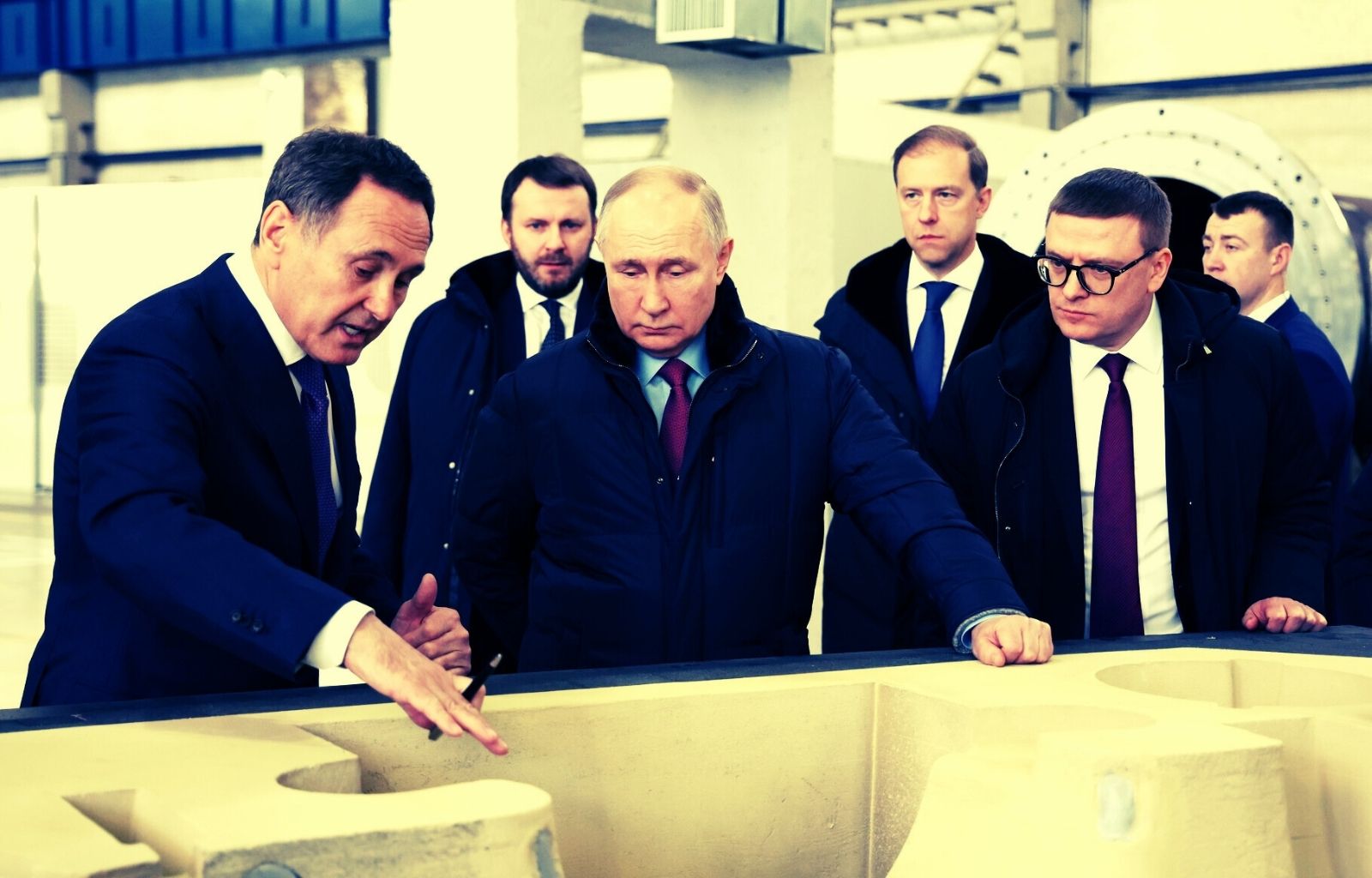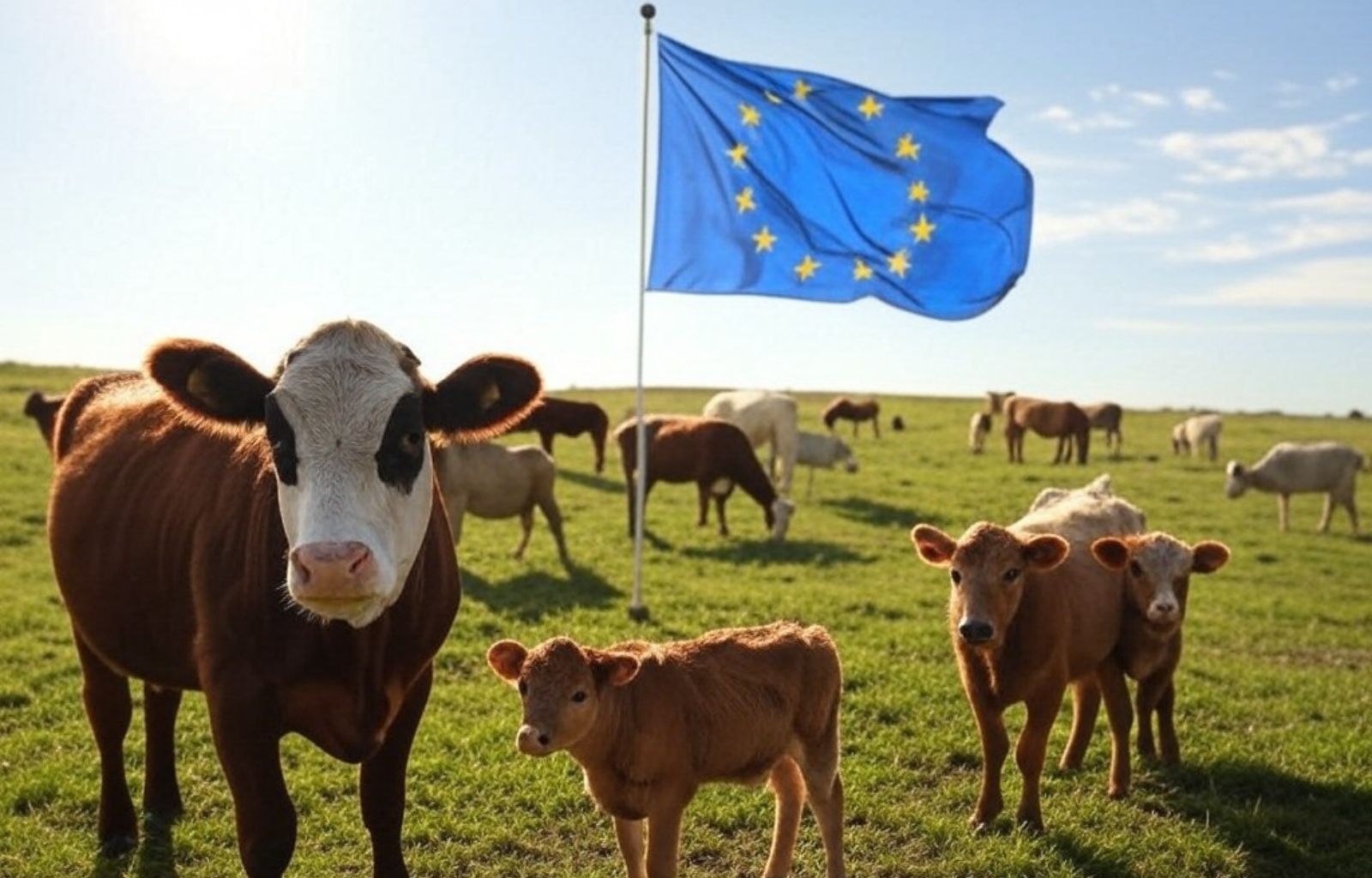Trump wants Ukrainian rare earths? Then help Kyiv win the war

Donald Trump’s latest statement on a possible deal with Ukraine for the exploitation of rare earths, in exchange for military and economic aid, has reignited the debate on US foreign policy. Speaking at the White House, the former president explained that he wanted to ‘get even’ with Kyiv for the almost $300 billion in support Washington has provided since the start of the conflict with Russia.
But as is often the case, the US president’s bombastic words often change shape when exposed to the test of reality, in a world more complex than his posts on Truth.
Let us see in detail. Under the White House tenant’s proposal, Ukraine would grant the US access to its reserves of critical minerals – including titanium, lithium, and uranium – essential for the technology and defence industries. This move would be part of a broader US strategy to reduce dependence on China for the supply of rare earths, a sector in which Beijing holds a globally dominant position. However, the former president’s hypothesised ‘equalisation’ plan with Ukraine is based on a far from simple assumption: the real availability of these minerals and the actual possibility of extracting them.
The problem of war and access to resources
Since well before the invasion three years ago, Ukraine has aspired to become a major player in the market for critical raw materials, leveraging its natural resources and the in-house technological expertise it has long been developing. As a country with a strong agricultural vocation, Ukraine has long since realised that its future autonomy from the threats of the Russian Bear depends on the intelligent use of its mineral resources: lithium, nickel, cobalt, manganese and titanium, components that are increasingly crucial in today’s world.
According to Beholder CEO Andrii Sevriukov, Ukraine could even host the largest lithium deposit in Europe. In contrast, Roman Opimakh, director of the State Geological Service of Ukraine, points out that the country holds at least 24 of the 34 critical minerals recognised by the European Union.
The real obstacle, however, is that many of these resources are located in areas occupied or disputed by the Russian army. For example, the Shevchenkivske and Kruta Balka lithium deposits are located in the eastern regions of the Donbass, now under Moscow’s control or close to the front line. The insecurity and instability of the war have clearly blocked any mining activity, discouraging any investment attempts.
The incoherence of Trump’s proposal
It is at this point that the main criticism of Trump’s proposal becomes apparent: how could Ukraine guarantee Washington access to resources that, in many cases, are not under its direct control? Could it be that Trump is suggesting the reconquest of the Donbass and offering support for this? This would be an absolute novelty and counter to the oft-stated goal of wanting to end the war quickly.
Rapid agreement with Russia and American exploitation of Ukrainian rare earths are two objectives that do not hold together: either one or the other.
On the other hand, even assuming that the US manages to obtain even partial access to Ukrainian rare earth deposits, perhaps limited to deposits currently in Kyiv-controlled areas, another problem would remain. The processing of these minerals requires years of investment in infrastructure and specific know-how, as well as substantial capital. It would be necessary for such a plan to take place under conditions of absolute stability and security, ergo: it would be necessary to provide Ukraine with that NATO protection that Zelensky rightly invokes, but which for Russia is another prejudicial obstacle to the agreement.
The need for a long-term strategy
Ukrainian exploitation of rare earths should therefore be accompanied by a guarantee of absolute security, in the interests of Ukrainians but also of the potential American interests evoked by Trump. Today, the US has only one operational rare earth mine and remains heavily dependent on China for refining. Without a solid industrial strategy, Washington risks replacing dependence on Beijing with another vulnerable situation: a conflict-torn Ukraine, with a hostile and still voracious enemy at its doorstep, may not be able to guarantee a stable and steady supply of raw materials.
In short, Trump’s proposal to ‘get even’ with Ukraine through the exploitation of rare earths is based on unstable assumptions.












